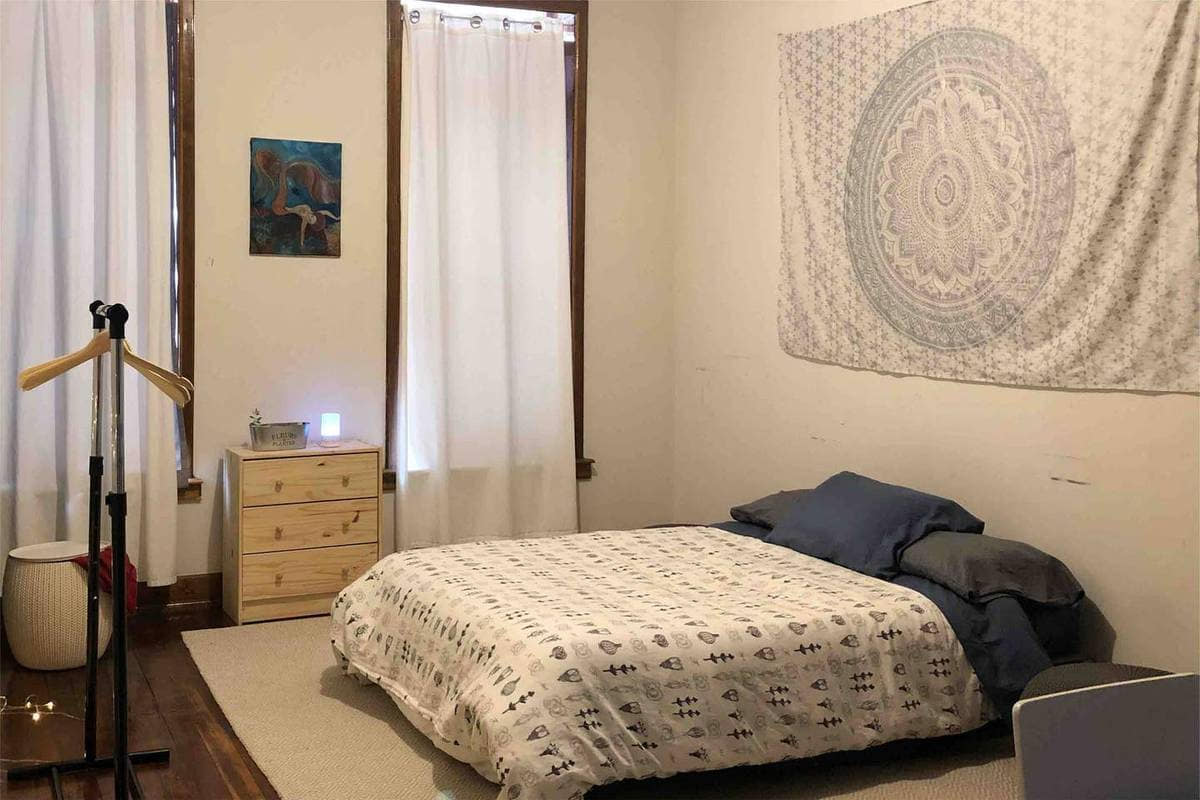Being a tenant means having certain rights and protections. While most landlords are responsive to their tenants' needs, some may choose to ignore concerns or requests. As a tenant, it is important to understand your rights if your landlord becomes unresponsive.
In this article, we will discuss how long a landlord can realistically ignore a tenant before facing potential consequences.
How long can a landlord ignore you?
There is no specific timeframe outlined in law for how long a landlord can ignore a tenant. However, landlords are expected to respond promptly to issues that impact a rental property's habitability, such as necessary repairs.
If a landlord fails to address maintenance or repair requests in a reasonable period of time after being notified, tenants may have legal recourse like repair-and-deduct or rent withholding. In general, landlords should communicate with tenants and not ignore concerns indefinitely.
What are the consequences of a landlord ignoring a tenant?

Landlord ignorance can negatively impact the tenant-landlord relationship and result in delayed maintenance issues. It may also lead to health and safety hazards or legal implications for the landlord down the line. Not addressing tenant requests in a timely manner erodes trust and satisfaction.
Prolonged repairs impact the living environment's comfort and convenience. Unresolved issues over an extended period, such as mold growth or faulty wiring, could endanger occupants or violate housing standards.
What rights do tenants have when dealing with an ignoring landlord?
Tenants have certain protections regardless of where they live, such as the right to a safe, habitable home.
Specific rights may vary by location but often include protection from illegal eviction, access to essential utilities, privacy, and nondiscriminatory treatment. It is critical tenants learn their local rights, such as those in their lease or under housing codes.
Being informed allows them to appropriately address neglectful landlord behavior through legal channels if needed.
How can a tenant seek legal advice regarding an ignoring landlord?
When facing an unresponsive landlord, tenants have options to understand their rights and potential remedies. They can consult local tenant advocacy groups, hire a tenant attorney, or use government resources. These experts help interpret laws, advise the best approach, and provide representations.
Tenant lawyers specialize in landlord-tenant disputes and can guide tenants through the legal process. Local organizations may offer mediation, guidance, or referrals to low-cost clinics. With proper legal counsel, tenants can resolve issues knowledgeably and protect their interests.
What steps should a tenant take when their landlord ignores them?
There are productive steps tenants can take when encountering an ignoring landlord. They should thoroughly document all issues and communication attempts with dates and details. Tenants should also communicate diplomatically in writing, using certified letters when possible for receipt confirmation.
This paper trail preserves evidence that the landlord was notified. Seeking property management involvement can also help if issues persist with direct landlord contact. Escalating matters through mediation or an tenant advocacy groups is prudent when other channels fail.
What potential legal actions can a tenant take against an ignoring landlord?
When attempts at civil resolution are unsuccessful, lawful actions may be necessary against unresponsive landlords. Legal defenses in eviction court or counterclaims for related losses allow tenants to assert their rights and hold landlords accountable.
Small claims suits provide compensation for demonstrated financial harm due to landlord negligence. Citizen complainst to local housing authorities permit investigation and enforcement of substantial violations impeding safety or habitability. Landlord ignorance threatening tenancy or health justifies legal protections tenants retain.
Conclusion
While there is no set deadline for how long a landlord can ignore tenant matters, prolonged unresponsiveness violates tenants' rights and may lead to problems if not addressed properly.





